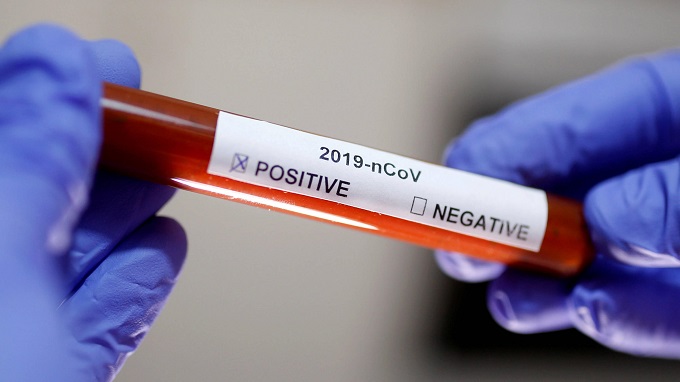7 000 Midlands women eking living through artisanal mining

Midlands Bureau Chief
A TOTAL of 7 000 women eke a living through artisanal mining out of 21 000 small scale gold miners operating from Mberengwa to Gokwe North.
The figure constitutes 33 percent of artisanal miners in the province who are being exposed to chemicals such as mercury as they do not have personal protective equipment.
In a report, the Environment Management Agency (EMA) Midlands provincial manager, Mr Benson Bhasera, said more women were venturing into the sector with a majority being of child bearing age. Lack of protective clothing exposes this critical age group to health hazards.
“The Midlands province has about 21 000 artisanal miners of which about 7 000 are women and this constitutes 33 percent of artisanal miners operating in the province,” said Mr Bhasera. He said Chirumhanzu, for instance, has only one formal woman miner out of 20 registered miners while Gokwe North also has one registered woman miner out of 300 registered formal miners. Gokwe South has one registered formal female miner.
“Gweru district has one formally registered women miner, 800 informal miners and 75 registered miners. Kwekwe has five registered women miners out of 500 and there are 1 100 women artisanal miners out of 6000 in the district,” said Mr Bhasera.
Mberengwa has 20 registered women miners compared to 900 registered male miners and 3500 illegal miners, he said. In Shurugwi, Mr Bhasera said there were 3 400 registered mines of which three belong to women. He said the women were either engaged directly or indirectly in artisanal mining while some are engaged in running kiosks and doing laundry for male artisanal miners among others.
“Those involved indirectly offer support services while those participating directly handle and process gold ore using mercury. The majority of these women are of child bearing age and are therefore exposed to health and social hazards,” he said.
A research on challenges and opportunities for women miners in Zvishavane was conducted by the Midlands State University (MSU) in collaboration with the local non-governmental organisation, the Centre for Conflict Management and Transformation (CCMT). The purpose of the research was to demonstrate how big the problem of gender inequalities was in a bid to trigger sympathy of policy makers to the plight of women miners.
CCMT Research and advocacy co-ordinator, Mr Shadreck Vengesai, said statistics of women participation in mining without protective clothing were worrying. He said the Government must find a way of ensuring that women have access to claims, finance, markets and equipment so that they have a fair share of the natural resources such as their male counterparts.
“Where possible, the Government must affirmatively discriminate against women so that they catch up with their male counterparts in terms of claim ownership, access to equipment and access to finance and markets,” said Mr Vengesai. Zimbabwe Gender Commission chief executive officer Mrs Virginia Muwanigwa said an inquiry will soon be instituted to find out more about the gender inequalities in the mining sector.
“As a Gender Commission, we need to commission our own inquiry into gender inequalities in mining. We need to have women in decision making spaces in the mining sector,” she said.
The Minister of State for Midlands Provincial Affairs and Devolution, Larry Mavima, said from February to date, the province has recorded 61 mine related deaths involving artisanal and small-scale miners as a result of health and safety issues. Over the years artisanal and small- scale miners have been accused of contributing to high environmental costs as well as a poor health and safety record.
Despite the setback the sector continues to be the dominant gold producer in the country. Latest data from Fidelity Printers and Refineries show that from January to July this year the sector delivered 7,128 tonnes while large scale miners accounted for 4,89 tonnes of the yellow metal.










Comments